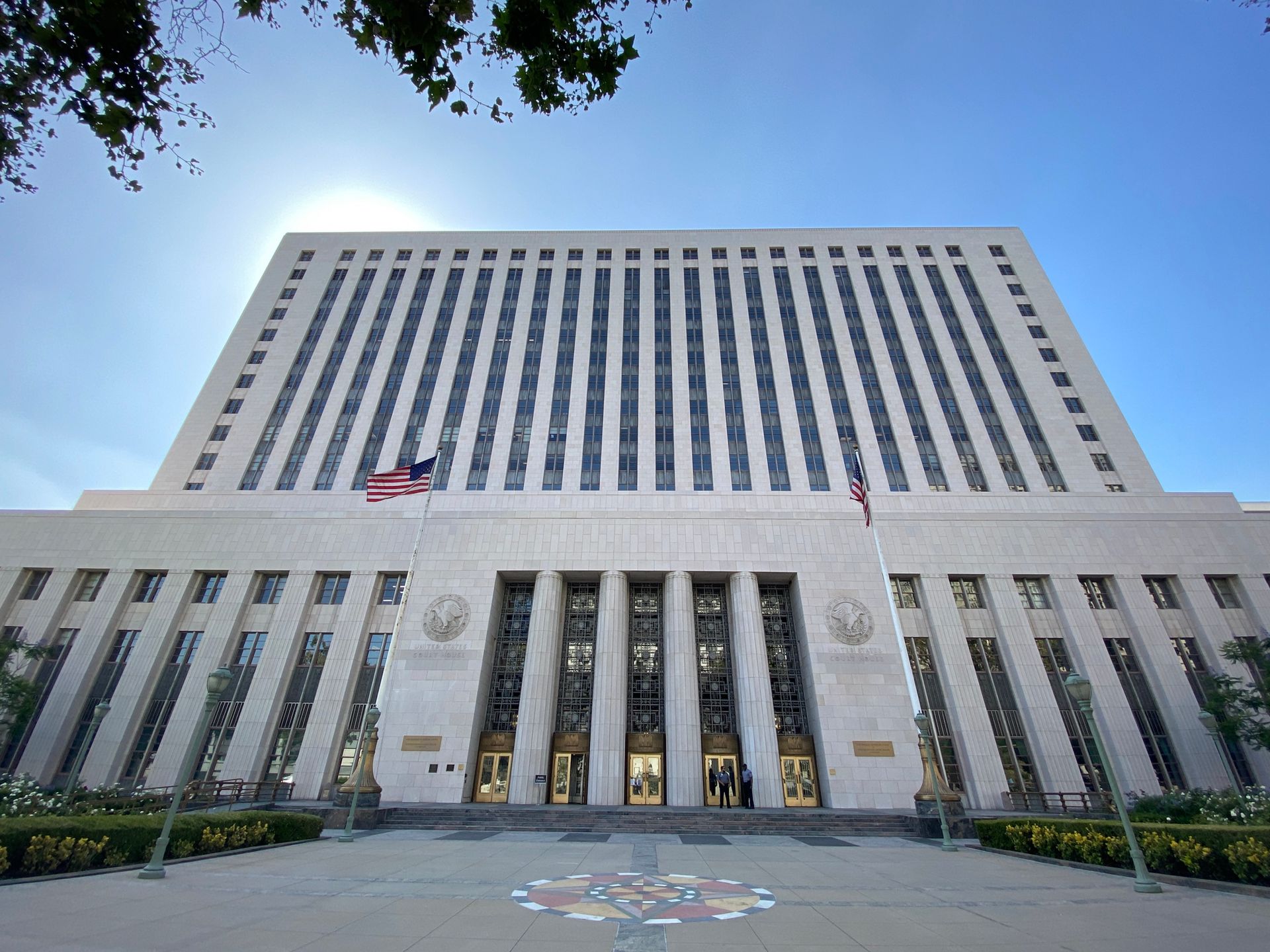Navigating Dual Legal Systems: Why Domestic Violence Survivors Need Attorneys Who Understand Both Family and Immigration Law
When Ana fled her abusive husband, she thought her biggest challenge would be securing a restraining order and custody of her children. What she didn't realize was that her immigration status added layers of complexity to her situation, requiring her to navigate two entirely different legal systems. Ana's story illustrates why domestic violence survivors in immigrant communities face unique challenges that demand specialized legal knowledge.
Domestic violence doesn't recognize borders or immigration status. Yet the legal landscape for survivors varies dramatically based on their citizenship and residency status. In California, two separate legal systems offer protection, each operating under different rules, timelines, and requirements.
Two Different Systems, Two Sets of Rules
California family courts focus on immediate safety and protection. Immigration law has its own separate pathways for domestic violence survivors. These two systems don't automatically communicate with each other, and what happens in one can affect what happens in the other.
Importantly, California family courts generally cannot inquire about a person's immigration status in domestic violence cases, providing some protection for survivors. However, decisions made in family court can still create practical considerations for immigration cases.
For instance, a custody decision in family court may create practical pressures for a survivor to remain in the country to maintain their parental relationship, which could impact their immigration case timeline. Without proper coordination, survivors may find themselves making decisions that seem right in the moment but create complications down the road.
Proper Timing
The sequence of legal actions matters more than most people realize. Family court proceedings often move quickly to ensure immediate safety. Immigration processes typically unfold over months or years. These different timelines can create conflicts that require careful navigation.
Family court judges prioritize the immediate safety and well-being of children. At the same time, immigration officials have their own specific requirements and standards of evidence, such as proving the existence of abuse for a U visa application. What works in one forum might not work in another, creating a complex legal landscape for survivors.
Understanding these timing differences becomes particularly important when considering options like VAWA self-petitions, which allow certain survivors to petition for immigration status independently of their abusive spouse or parent.
When Children Are Involved
For parents, the situation becomes even more complex. Custody decisions, while focused on the best interests of children, can intersect with immigration considerations in unexpected ways. Parents need strategies that protect their relationship with their children while considering their overall legal situation.
California law ensures that immigration status doesn't affect a parent's entitlement to seek custody or support. However, the practical realities of maintaining relationships across different legal proceedings require careful planning.
Variations in Documentation Requirements
Each legal system has its own evidence requirements. Family court might accept certain types of proof that immigration proceedings view differently. Survivors often don't realize that how they document their experiences today can affect their options tomorrow.
Starting without a comprehensive strategy can result in lost opportunities. Evidence that could have served multiple purposes might be gathered in ways that limit its usefulness. The timing of when and how to present documentation becomes crucial, especially when considering that law enforcement agencies may need to provide certifications for certain immigration benefits like U-visas.

Financial Considerations
Support orders and property division in family court create their own complexities when immigration status is involved. While California law ensures that immigration status doesn't affect entitlement to spousal or child support, financial arrangements that make sense from a family law perspective might have implications in other legal contexts that survivors don't anticipate.
Additionally, public benefits restrictions may apply differently based on immigration status, creating another layer of consideration when planning financial arrangements during and after family court proceedings.
The Criminal Law Factor
When domestic violence involves criminal proceedings, survivors face a three-way intersection of legal systems. Each system operates independently, yet decisions in one affect the others. Coordination becomes essential to avoid unintended consequences.
In California, this intersection includes considerations about how criminal protective orders interact with family court restraining orders, and how cooperation with law enforcement might open pathways to immigration relief through programs like U-visas. California's approach to limiting local law enforcement cooperation with federal immigration authorities (often referred to as "sanctuary" policies) also affects how these systems interact.
Why Specialized Knowledge Matters
Attorneys who are knowledgeable in both family and immigration law have several key benefits:
They see connections that others might overlook. A seemingly routine family law decision can have immigration implications that only become clear later.
They can plan actions strategically. Understanding how both systems work allows them to make timing decisions that avoid conflicts and maximize options.
They consider the big picture. Rather than solving one problem and potentially creating another, they take into account all aspects of a survivor's situation.
They know which questions to ask. Issues that may seem minor in one situation could be crucial in another.
Real Stories, Different Outcomes
The difference in specialized knowledge becomes clear in practice. Some survivors successfully navigate both systems and emerge with strong protections in place. Others, despite their best efforts, find themselves facing obstacles that could have been avoided with different initial strategies. Having access to attorneys who understand the full complexity of their situation from the outset can bring a sense of relief and reassurance, reducing the overwhelming nature of the legal process.
These contrasting outcomes often hinge on whether survivors had access to attorneys who understood the full complexity of their situation from the outset. Without this integrated expertise, survivors may find themselves in situations where decisions made in one legal context negatively impact their situation in another, leading to unnecessary complications and stress.
The Integration Advantage
Domestic violence survivors shouldn't have to become experts in multiple areas of law while coping with trauma and upheaval. They need advocates who already understand how these systems connect and can guide them through the complexity. Particularly in California’s diverse communities, where immigration status creates another hurdle on top of an already challenging situation, they need someone with a thorough grasp of everything.
Moving Forward with Confidence
Every person’s situation is unique. The intersection of family law and immigration law forms a complex landscape that demands careful navigation. Generic methods usually account for the nuanced interactions between these legal systems.
The path forward requires more than courage – it requires knowledge. Understanding how these systems work together, identifying opportunities, and avoiding pitfalls can empower survivors, making them feel more in control and less vulnerable. This understanding makes the difference between struggling through parallel processes and moving forward with a coordinated strategy.
Don't navigate these complex intersections alone. Seeking legal support can make survivors feel more secure and less isolated. Our law firm's experience in both California family law and immigration law enables us to understand the unique challenges you face. We've seen how these two areas of law interact and understand the importance of considering both from the outset.
You've already taken brave steps to protect yourself and your family. Now ensure those steps lead where you want to go. Contact us to learn how an integrated approach to your legal needs can help you move forward with confidence, knowing that someone understands the full complexity of your situation and can guide you through it.


